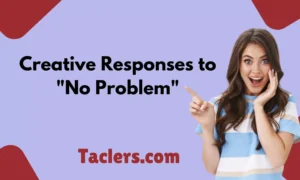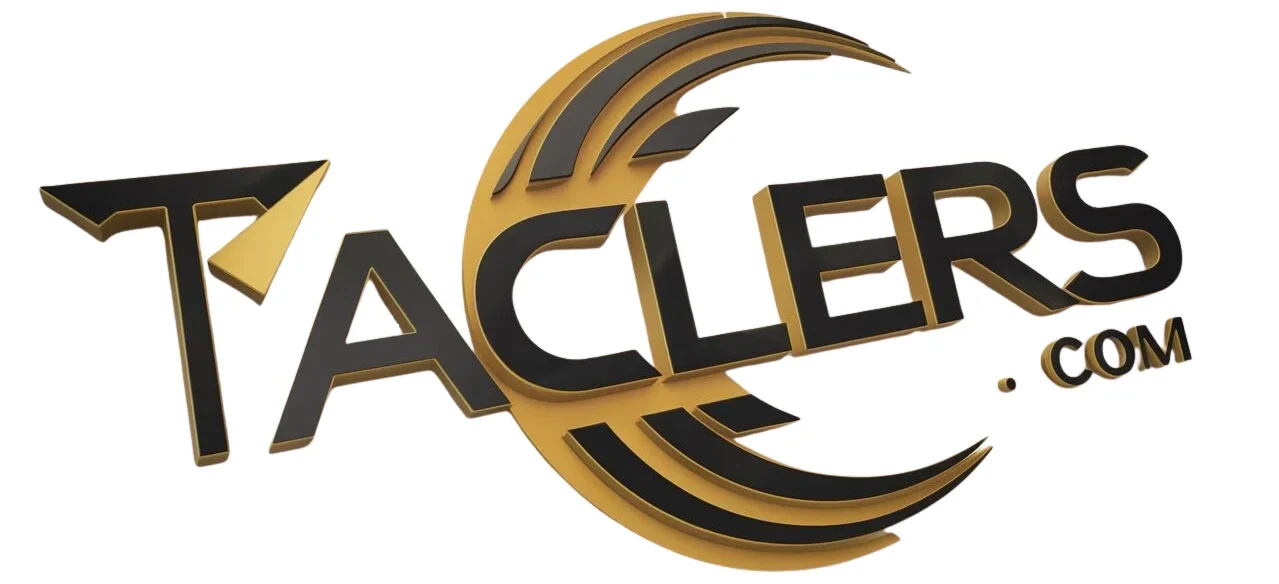Sending a good luck message before a friend’s interview can have a powerful impact. Your words can boost their confidence, ease their nerves, and provide a comforting reminder of their capabilities.
Whether it’s for a family member, significant other, colleague, or anyone facing an important interview, crafting the perfect message involves understanding the recipient’s needs, offering encouragement, and personalizing your words.
This guide will delve into how to create the ideal good luck message tailored to various relationships and contexts.
Encouraging Family Before Their Big Interview

When a family member is preparing for a significant interview, your support can make a big difference.
Understanding Their Needs
Each family member has unique qualities and preferences. Tailoring your message to these can make it more impactful. Consider their personality: Are they anxious, confident, or somewhere in between? Adjust your message accordingly.
Examples of Supportive Messages
- Personal Strengths: “Hey [Name], I know you’ve worked incredibly hard for this interview. Remember, you have all the skills needed to shine. Go get ‘em!”
- Past Successes: “Good luck today, [Name]! Remember how you aced your last project? This interview will be no different.”
Balancing Positivity and Practical Advice
While positivity is crucial, practical advice can also be helpful. For instance, you might remind them to take deep breaths and stay calm.
Table: Balancing Positivity with Practical Tips
| Type of Message | Example | Purpose |
| Positive Encouragement | “You’ve got this!” | Boosts confidence |
| Practical Tip | “Remember to listen carefully to the questions.” | Provides actionable advice |
Sending Love and Luck to Your Significant Other’s Interview
Crafting a good luck message for your significant other involves a blend of love and encouragement.
Tailoring Your Message
Focus on their unique qualities and the relationship you share. Your message should reflect your personal connection and the confidence you have in them.
Examples of Heartfelt Messages
- Expression of Love: “Good morning, [Name]! I believe in you completely. Go and show them what an incredible person you are!”
- Acknowledging Dedication: “You’ve put in so much effort for this interview. I’m so proud of you, and I know you’ll do amazing!”
Expressing Support and Belief
Make sure your message reinforces your belief in their abilities. This reassurance can help alleviate pre-interview anxiety.
Professional Good Luck Wishes for a Colleague’s Job Interview
When sending a good luck message to a colleague, maintain professionalism while offering support.
Maintaining Professionalism
A professional tone is essential. Your message should be encouraging but respectful of workplace boundaries.
Examples of Professional Messages
- Skill-Based Encouragement: “Best of luck with your interview today. Your skills and experience are impressive, and I’m sure you’ll make a great impression.”
- Positive Statement: “Wishing you all the best for your interview. I have no doubt you’ll handle it with the same professionalism you show every day.”
Importance of Professional Tone
A well-crafted message respects the formal nature of the workplace while providing encouragement. It balances friendliness with professionalism.
General Good Luck Wishes for Any Job Interview
Sometimes, a universal good luck message is needed, whether for acquaintances or broader contexts.
Versatile Messages
These messages should be simple yet impactful, suitable for various situations.
Examples of General Messages
- Simple Affirmation: “Good luck with your interview today! You’ve got this!”
- Universal Encouragement: “Wishing you the best of luck. Show them what you’re capable of!”
Keeping It Universal
Ensure the message is applicable to different types of interviews, whether in-person, virtual, or for various roles.
Overcoming Interview Anxiety with Encouraging Words
Interview anxiety is common, and a well-crafted message can help mitigate it.
Recognizing Interview Anxiety
Understanding that anxiety is a normal part of the interview process can help tailor your message.
Effective Encouragement Techniques
- Reassurance: “It’s normal to feel nervous, but remember, you’re well-prepared and capable.”
- Calming Influence: “Take a deep breath and focus on your strengths. You’re going to do great.”
Examples of Anxiety-Reducing Messages
- Reassuring Words: “Remember, this interview is just a conversation where you get to showcase your skills. You’re going to do fantastic!”
- Practical Advice: “Stay calm, take your time, and answer each question as best as you can. You’ve got this!”
Table: Techniques to Reduce Anxiety
| Technique | Example | Purpose |
| Reassurance | “You’re well-prepared.” | Eases nerves |
| Calming Influence | “Take a deep breath.” | Provides immediate comfort |
| Practical Advice | “Focus on one question at a time.” | Helps manage stress during the interview |
Uplifting Messages for High-Stakes Interviews
High-stakes interviews, such as those for major promotions or new opportunities, require special attention.
Recognizing the High Stakes
Acknowledging the significance of the interview can make your message more relevant and supportive.
Examples of Uplifting Messages
- High-Energy Encouragement: “This is your moment to shine! Show them why you’re the perfect fit for this role!”
- Emphasizing Capability: “You’ve prepared so well for this. Remember, you’re ready for this challenge and more.”
Balancing Encouragement and Realism
While it’s important to be uplifting, acknowledging the seriousness of the situation adds depth to your message.
Wishes That Offer Comfort
Comforting messages can provide emotional support during stressful times.
Comforting Words
These messages should convey empathy and understanding.
Examples of Comforting Messages
- Acknowledging Stress: “I know this can be a stressful time, but remember that no matter what, I’m here for you.”
- Offering Solace: “You’ve done everything you can to prepare. Now, just be yourself and trust in your abilities.”
Creating a Safe Space
Ensure your message helps the recipient feel supported and less alone, offering them a sense of comfort and security.
The Importance of Encouragement
Encouragement can play a crucial role in the success of an interview.
Psychological Impact
Positive reinforcement can boost confidence and reduce anxiety, influencing performance.
Benefits of Encouragement
Encouragement can:
- Enhance Confidence: Boost self-belief and readiness.
- Reduce Anxiety: Alleviate stress and nervousness.
Real-World Examples
Studies have shown that supportive messages can positively affect outcomes in high-pressure situations.
The Power of Words
The language used in good luck messages can have a significant impact.
Impact of Messaging
Words can inspire, comfort, and motivate. The right message can shift mindset and influence performance.
Crafting Effective Messages
Focus on:
- Positive Language: Use uplifting and encouraging words.
- Personalization: Tailor messages to the individual’s needs and situation.
Examples of Powerful Words
- Inspiring: “You’re capable of achieving great things.”
- Encouraging: “Today is an opportunity to showcase your talents.”
A Personal Touch
Adding a personal touch to your message can make it more meaningful.
Adding Personalization
Consider the recipient’s personality, experiences, and your relationship with them when crafting your message.
Examples of Personalized Messages
- Personal Experiences: “Remember when you handled that tough project? This interview will be just like that.”
- Inside Jokes: “Just like we planned, today’s your chance to shine and dazzle them.”
Building a Connection
Ensure your message feels genuine and heartfelt, reinforcing your support and belief in their abilities.
Conclusion
Crafting the perfect good luck message involves understanding the recipient’s needs, offering thoughtful encouragement, and personalizing your words. Whether you’re sending support to a family member, significant other, colleague, or anyone facing an important interview, your message can provide a boost of confidence and comfort. By following these guidelines and examples, you can create a meaningful message that not only supports but also inspires.

James Wilson, an acclaimed author on Taclers.com, has a passion for exploring the nuances of human interaction. His profound observations and eloquent prose bring a new dimension to understanding reactions. Join him on a journey through the intricate dance of emotions and responses.










